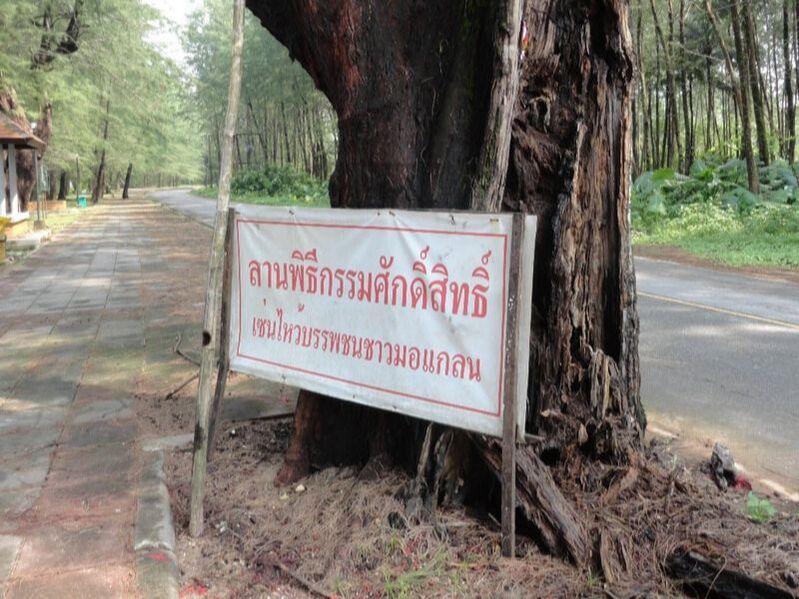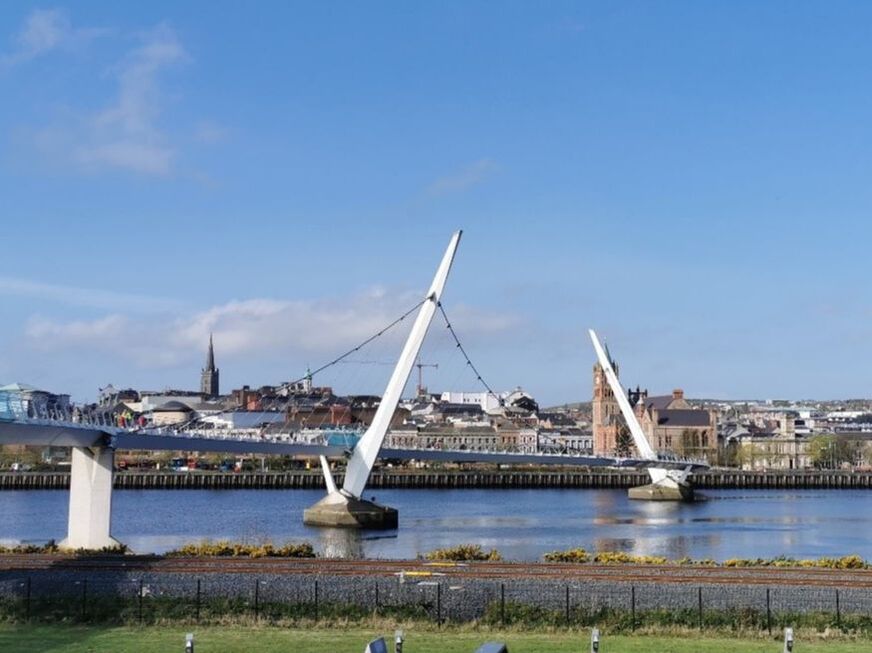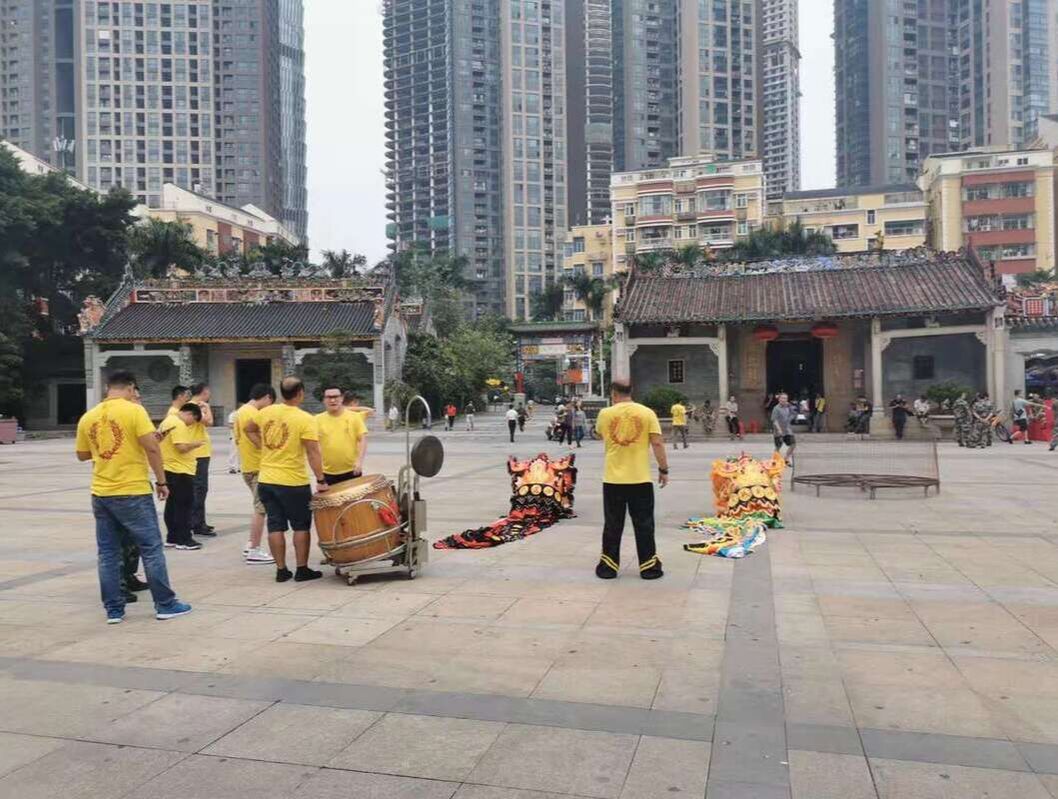|
|
|
Our identities reflect our relationships with places and spaces. The changing contexts of these relationships also impact, shift and mould our identities. In our Identities article, ‘Hybrid identities: juxtaposing multiple identities against the ‘authentic’ Moken,’ we explore Moken[i] communities living in coastal areas of Thailand, and the Indian Ocean tsunami of 2004. We also spotlight ascriptions of Moken identities as vulnerable, overwhelmingly linked to the sea and with limited opportunities for agency over their livelihoods.
In challenging these ascriptions through our ethnographic research, we found myriad examples of agency with various beliefs, settlement patterns and usage of the sea. The communities we spoke to explained shifting identities, across and between physical spaces of settlement, but also among traditional practices and aspirations for younger generations. That our identities shift and flux is a position made overwhelmingly clear during the past year when the spread of COVID-19 has significantly changed our capacity to relate to different places and spaces. Our experiences of this past year have been contingent on national contexts and structural inequalities, as well as long-held assumptions about certain cultural identities.
0 Comments
As India hosted the World Environment Day celebrations in 2018, the prime minister, Narendra Modi, addressed the nation through his radio programme:
This is a very important achievement for India and it is also an acknowledgement as well as recognition of India's growing leadership in the direction of tackling climate change. This time, the theme is ‘Beat Plastic Pollution’. I appeal to all of you that while trying to understand the importance of this theme, we should all ensure that we do not use low-grade polythene and low-grade plastics and try to curb the negative impact of plastic pollution on our environment….Our culture, our traditions have never taught us to be at loggerheads with nature. In his speech, India was projected as a leader in addressing climate change and a putative Indian culture was extolled as being effortlessly ecologically friendly. However, Modi’s claim of an environmentally-friendly Indian tradition is not supported by empirical evidence. For example, notions of civilisation in pre-colonial India– rather than preservation – of forests. Similarly, the intensification of traditional agriculture had detrimental ecological consequences even prior to the commercialisation of agriculture under colonial rule. Nevertheless, this claim of an ecologically sensitive Indian past is widely encountered – and promoted – in India and abroad.
In a BBC interview in 2019, Jonathan Powell, Tony Blair’s former Chief of Staff, declared, to the bewilderment of journalist Emily Maitlis, that much of the turmoil over Brexit’s impact on Northern Ireland was driven by questions of identity – particularly national identity. Such concerns have always been central within party-political wrangling in the region. However, the UK’s departure from the EU has placed Northern Ireland’s ‘national question’ in focus globally. Britain’s divorce from its European membership includes the so-called ‘protocol’, which maintains significant alignment between Northern Ireland and the rest of the EU to avoid a physical border in Ireland itself. However, part of this ‘solution’ is instead the implementation of a trade border in the Irish Sea for goods travelling between Great Britain and Northern Ireland.
This seeming economic detachment from the rest of the UK has angered those who view their Britishness as central, or at very least important, to their own identity. However, questions around national identity in the region are much more than a simple dichotomy of Britishness versus Irishness. Identification by individuals as Irish, British, Northern Irish, ‘other’, or a hybrid of all of these reflects more complicated realities. For some individuals, other identity matters, such as those relating to gender or sexuality, might take primacy in their own sense of self or community. Regardless, debates around Brexit and the protocol’s implementation have placed real focus on Northern Ireland’s future. In some quarters, debates on Irish unification are building momentum and generating discussion on how these complex cultural affiliation(s) sit within the wider constitutional question. Disentangling culture, religion and economy in the native communities of the Shenzhen megalopolis7/7/2021
The rise of China is mostly perceived as an economic phenomenon. Yet, there is also the cultural dimension: What are the implications of Chinese leaders proclaiming that Chinese cultural traditions must be endorsed, as they essentially define what it means to be Chinese? The revival of popular religion in China, such as ancestral worship, which was suppressed over decades, but is now even applauded by President Xi Jinping as an expression of cherished core values of the Chinese, family and filial piety.
However, many phenomena related to religious practices in China defy conceptions of ‘religion’ developed in the light of Western historical patterns. Rituals are central in these phenomena, which can also be conceived as local customs and community traditions that express social norms and conceptions of social order without implicating ‘religion’. This ambiguity or even dissociation of ritual and religion is characteristic for East Asian societies and can be also observed in Japan, where ritual practices flourish, yet the majority of Japanese claim that they are ‘not religious’. Our Identities article, ‘Interaction ritual chains and religious economy: explorations on ritual in Shenzhen’, looks at these phenomena in the Shenzhen metropolis. |
|
Explore Identities at tandfonline.com/GIDE |
|
The views and opinions expressed on The Identities Blog are solely those of the original blog post authors, and not of the journal, Taylor & Francis Group or the University of Glasgow.




